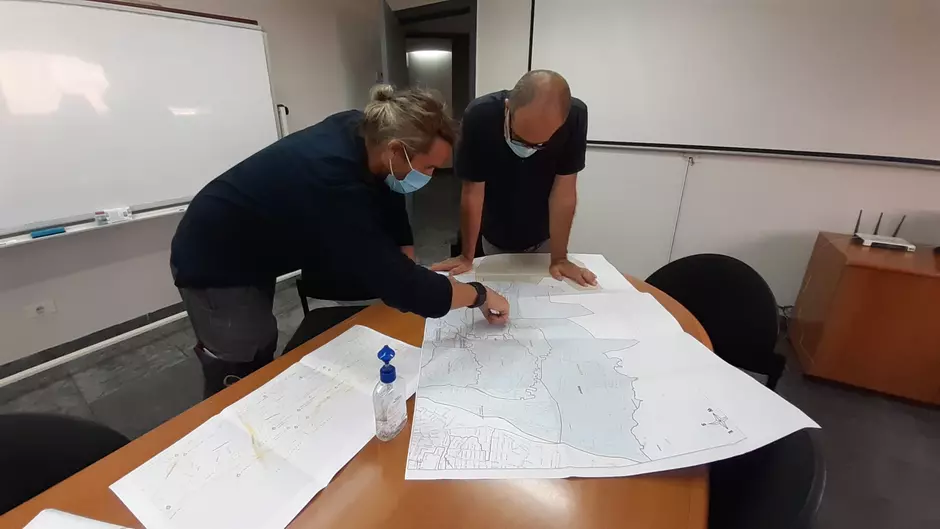A month after the explosion that devastated Beirut on 4 August, the Veolia foundation’s action on the ground continues. An initial diagnosis assignment was carried out in mid-August and Veoliaforce volunteers are currently being re-deployed.
The two explosions that killed nearly 200 people and ravaged the Lebanese capital on 4 August left scenes of desolation in their wake: gaping craters, destroyed infrastructure, and capsized ships. Essential services were heavily impacted, especially the water service as the Ashrafieh pumping station and the distribution network were damaged.
In the days following the disaster, work was focused on accessing the various sites impacted in the complex context of the health crisis. The Foundation’s Veoliaforce experts came to Beruit for a technical assessment and diagnosis assignment on 11 August, alongside the Beirut Water Authority and with the support of OTV Veolia Lebanon. Equipment was sent and personnel trained. The assignment ensured that a targeted response was developed to ensure the best recovery of service possible in the disaster area.
The assignment, which has been extended, is being carried out in partnership with Unicef, in particular, the search for leaks in order to organise the repair of the primary and secondary water distribution networks. Coordination is also continuing to increase expertise and resources which is an essential step in helping Beirut obtain lasting access to water.
What is a network diagnosis?

A network diagnosis aims to identify the impact of a disaster on primary and secondary networks as well as on customer connections. It aims to guarantee distribution during the crisis and reconstruction and then to anticipate needs by securing the resource.


